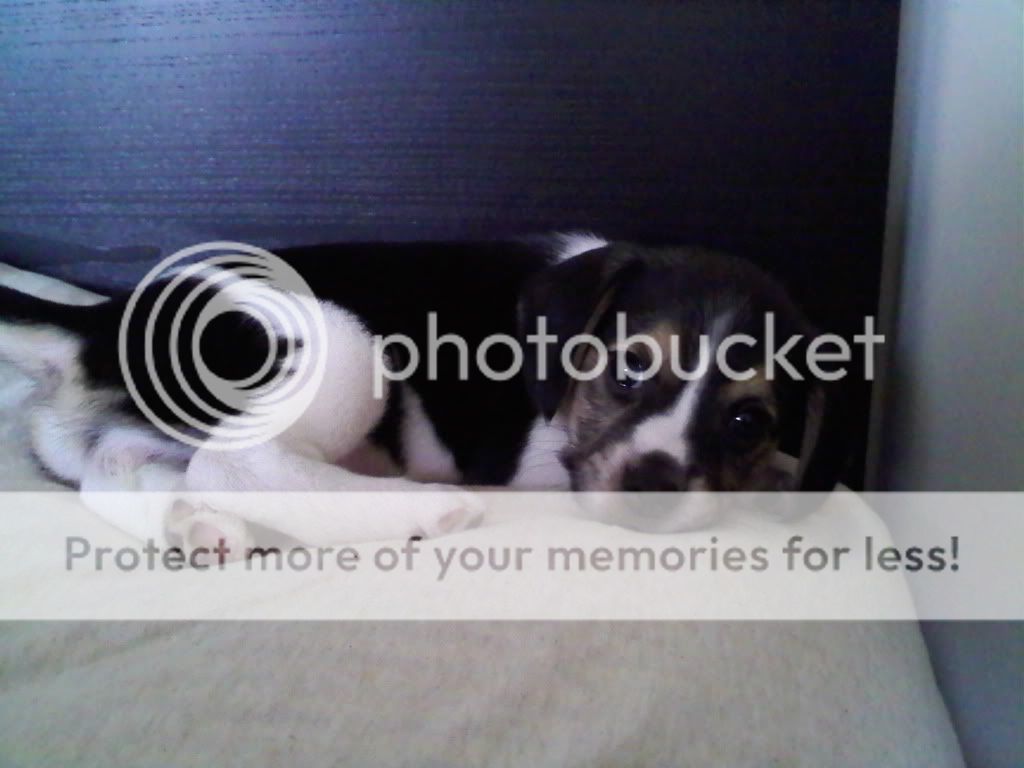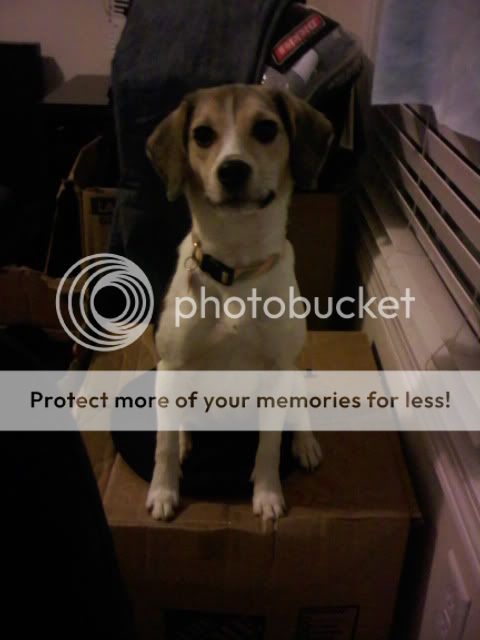Micro_87
Forum Crew Member
- 80
- 0
- 0
get a beagle.
Follow along with the video below to see how to install our site as a web app on your home screen.
Note: This feature may not be available in some browsers.
Thanks all, you responses and feedback has been very good.
@ Res-Q - I must say that I have been looking at various hounds and I think i'd very much like one. I will most likely try to train it for SAR. but of course i'd need some pointers on training them. Unfortunately, my wife doesnt want to get one because she thinks that they "look sad" all the time.
@ newfie lovers - I do think that it'd be a cool do, but I think my wife's allergies would kick up too much.
I'd love to have a husky or a HUGE St Bernard... but thats just me. there's no way were getting a fluffy or "yapper" dog like the one we have. the dog we have does very well with other dogs surprisingly... just not small ones.
any other suggestions... maybe pertaining to hound dogs?
any other suggestions... maybe pertaining to hound dogs?
get a beagle.


Seconding the stuff about hounds being unlike other types. You're going to need to watch out for that food drive... a lot of them will eat anything, and you get some who don't care about much but eating.
They do often take a lot of attention to train, but if you're already looking to train a dog for SAR, you'll need a ton of that to spare anyways. With bigger breeds, set limits while they're still young. If you get a nippy puppy, don't let it grow up to keep nipping. Important for small dogs, but bigger dogs can do a lot more damage with a single bite.
The stuff about the lifespan is true, sadly. Smaller will generally live longer.
Food drive... yep! But, what I found was harder to deal with was the "prey drive", or as it should be known: the "nose drive". Hounds live by their noses, which is why they are the prototypical breed for tracking and trailing. Unfortuately, that drive can not be turned off and it will dominate their thinking (if you can call it thinking).
